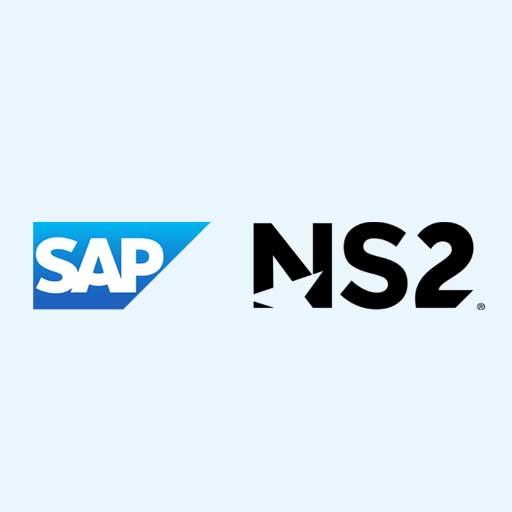A recent survey showed that nearly 94% of businesses surveyed use cloud computing, with approximately 75% using public cloud services. Does that mean that 6% of businesses participating in that survey may be doomed to obsoletion? More likely is that the remaining 6% are concerned about how to secure their applications in the clouds.
The answer to how secure your cloud is often complex. However, cloud security and compliance standards have come a long way and business applications running securely in the cloud are now a reality that can deliver innovation rapidly to your business.
Better Security = More Customer Trust
Customers want to work with companies who know they have their best interests in mind. In a highly digital society, the heft of corporate responsibility will come down to keeping their customers’ information secure while driving continuous innovation. Companies with the latest security technology are more likely to gain the trust of their customers, which could result in more customer leads and better customer retention rates. Additionally, in a security breach, companies who can show they have followed best security practices gain even greater trust from their customers.
Greater Compliance Adherence
Local, national, and global compliance issues can cost companies time, money, and customers. Secure cloud providers employ compliance experts worldwide to ensure that global and federal ordinances fully protect their enterprise applications and customer data.
Less Money Spent On Internal Security
Utilizing on-premise servers costs an extraordinary amount of money compared to cloud services, and a hefty sum of that comes from employing internal security. On-site servers require companies to hire IT professionals to consistently monitor and update software to protect from new threats. Because cloud servers are outsourced, they have cloud-specific IT professionals monitoring, patching, and updating the cloud infrastructure. This means less downtime for businesses, which costs money and less money spent on hiring internal security personnel.
Secure cloud reduces your Attack Surface
Attack surfaces are a combination of all potential access points into your company’s digital infrastructure, which are vulnerable to outside attack. Cloud infrastructure with advanced security often has greatly increased security compared to on-premise or virtualized hybrid cloud environments.
The most significant difference between on-premise server and cloud server Attack surfaces is that it is easier, less time-consuming, and quicker to update security throughout time. This means fewer lapses in updated security and an overall more secure platform.
Ease Of Scalability
When it comes to scalability, there’s no stepping around it — cloud platforms beat on-premise servers every time.
Cloud platforms are meant to be updated regularly, making it easier for them to gradually implement significant changes over time without straining their customers’ resources. On-site servers, on the other hand, take time and money to update. Ultimately, if companies put off updating their on-site servers, it leaves them vulnerable to attack and puts them at a competitive disadvantage.
Ease Of Access
The nature of the workplace has changed since early 2020, and that’s not a bad thing. 2020 showed many businesses that they were still able to function (and even function well) with most of their employees based at home. Those with pre-existing cloud-based servers were able to make the transition that much easier. Those without had to quickly adopt a cloud-based presence to survive.
With the future of the workplace still uncertain in the last financial quarter of 2021, being sure that your workforce has a reliable, secure platform from which to work will make a difference in the future of your business, potentially protecting it from economic and global instability.
Need help with your business’s digital transformation? SAPNS2 can help. Click here to schedule a call with one of our experts.


